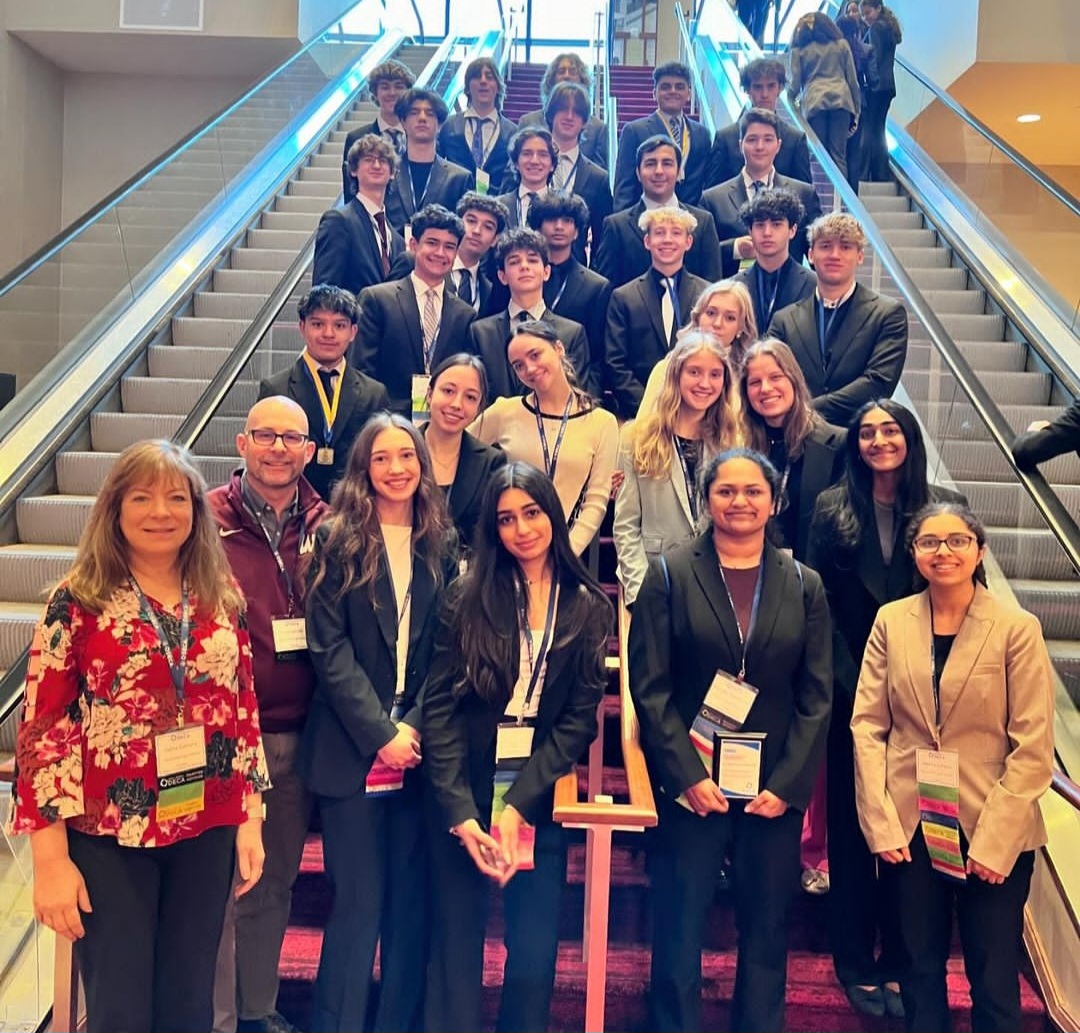The Intricacy of Voting and The Emotions Students Possess as They Become Eligible to Cast Their Ballots
October 29, 2021
As Wayne Hills High School graduates begin their transition into the real world, they suddenly possess new privileges that they never had before, one of which being the right to vote.
In many countries, the voting age averages out to be just about 18 years old, with voting ages in some countries being as low as 16 years old, and as high as 25 years old. The ongoing controversy regarding whether or not these ages are appropriate remains. Although components including maturity, transience, susceptibility, and ignorance are thoroughly considered by governments, there are scarce attempts to prevent these factors from prospering.
The lack of encouragement from families, friends, campaigns, and even candidates makes the inclination to participate in voting subside. Political discourse appears to be, in the eyes of a censored society, taboo, as insecurities pertaining to knowledge and inferiority present themselves in many aspects.
In addition to the absence of encouragement, many newly eligible voters are not familiar with how both the government and elections function. The prevailing sensibility that there is a degree of incomprehension concerning this voting system disincentivizes many 18-year-olds.
To compensate for the deficiency of motivation in many countries, individuals specializing in developing election systems are striving to create policies in which voter participation is endorsed, rather than opposed. To do so, the obstacles concerning registering to vote must be eliminated, in all respects. Instilling automatic voter registration appears to be a solution that is speculated to result in a dramatic increase in constituent registration.
The question of whether or not an election was legitimate recurrently presents itself. In order to prevent any speculation of invalidity, voter registration is required. Constituency will ultimately “minimize the chance of people saying elections are illegitimate,” said Mr. Mohan, a History teacher at Wayne Hills High School.
As students at Wayne Hills High School reach the age at which they are eligible to vote, new sensibilities regarding the process of voting develop.
“I’m so excited to vote, I feel like my opinion will actually be taken seriously now that I can be part of statistics,” said senior Alex Schmitt at Wayne Hills High School.
Actively participating in elections is a freedom that American life offers, and it is crucial to take complete advantage of this right when given the ability to do so. Voting is a constitutional right, and, as said by Mr. Mohan, “it is one of the most important things that we can do as Americans.”















